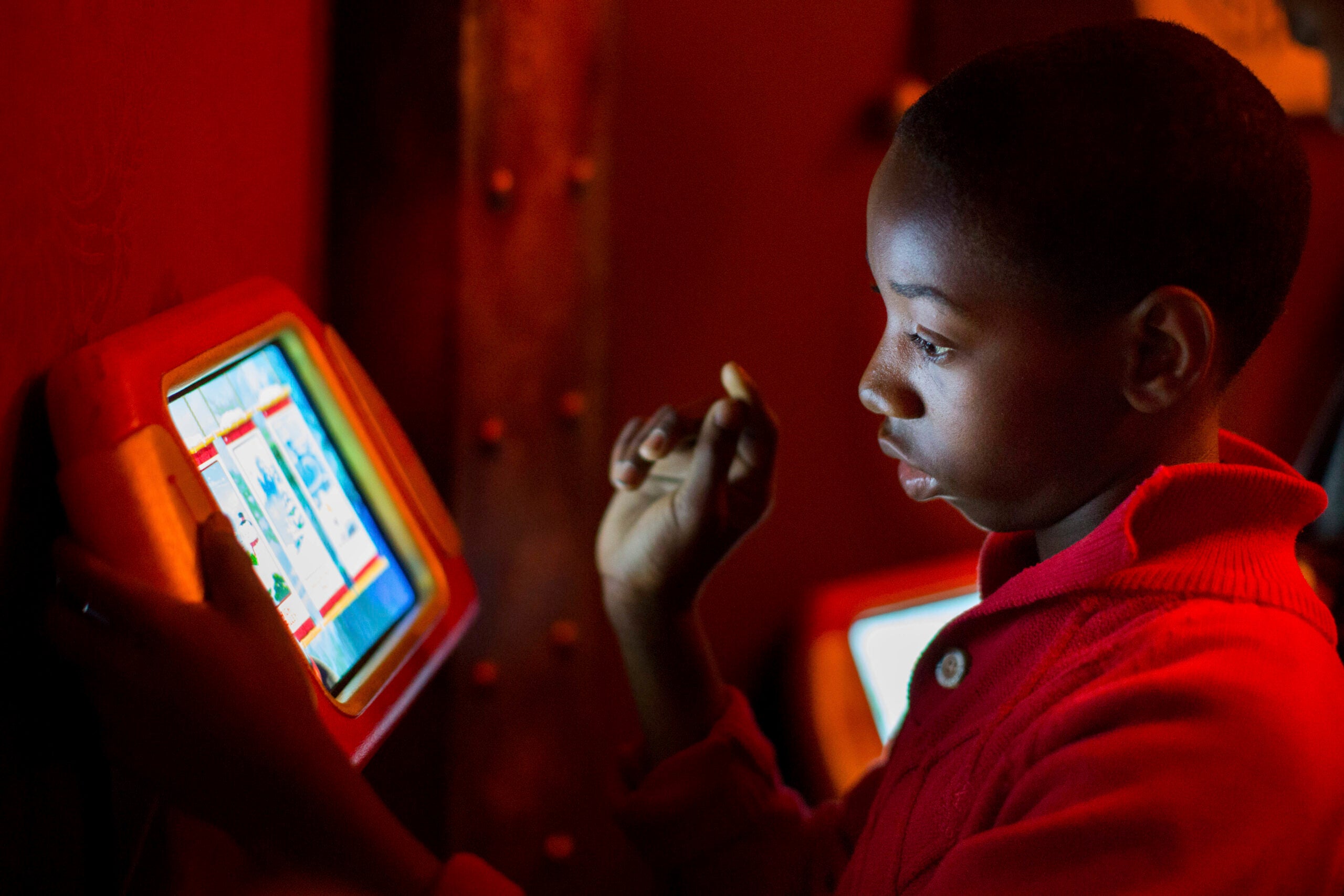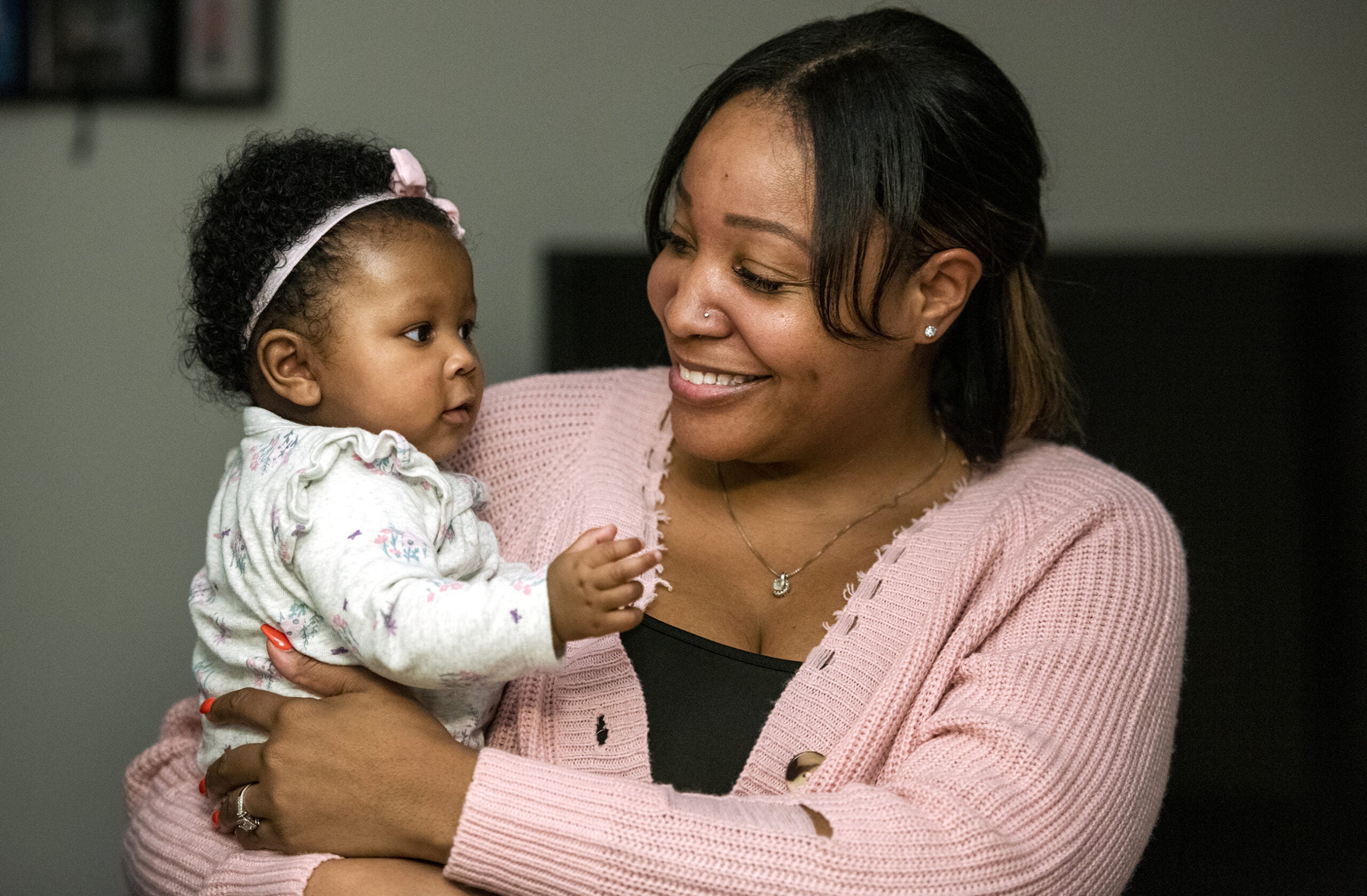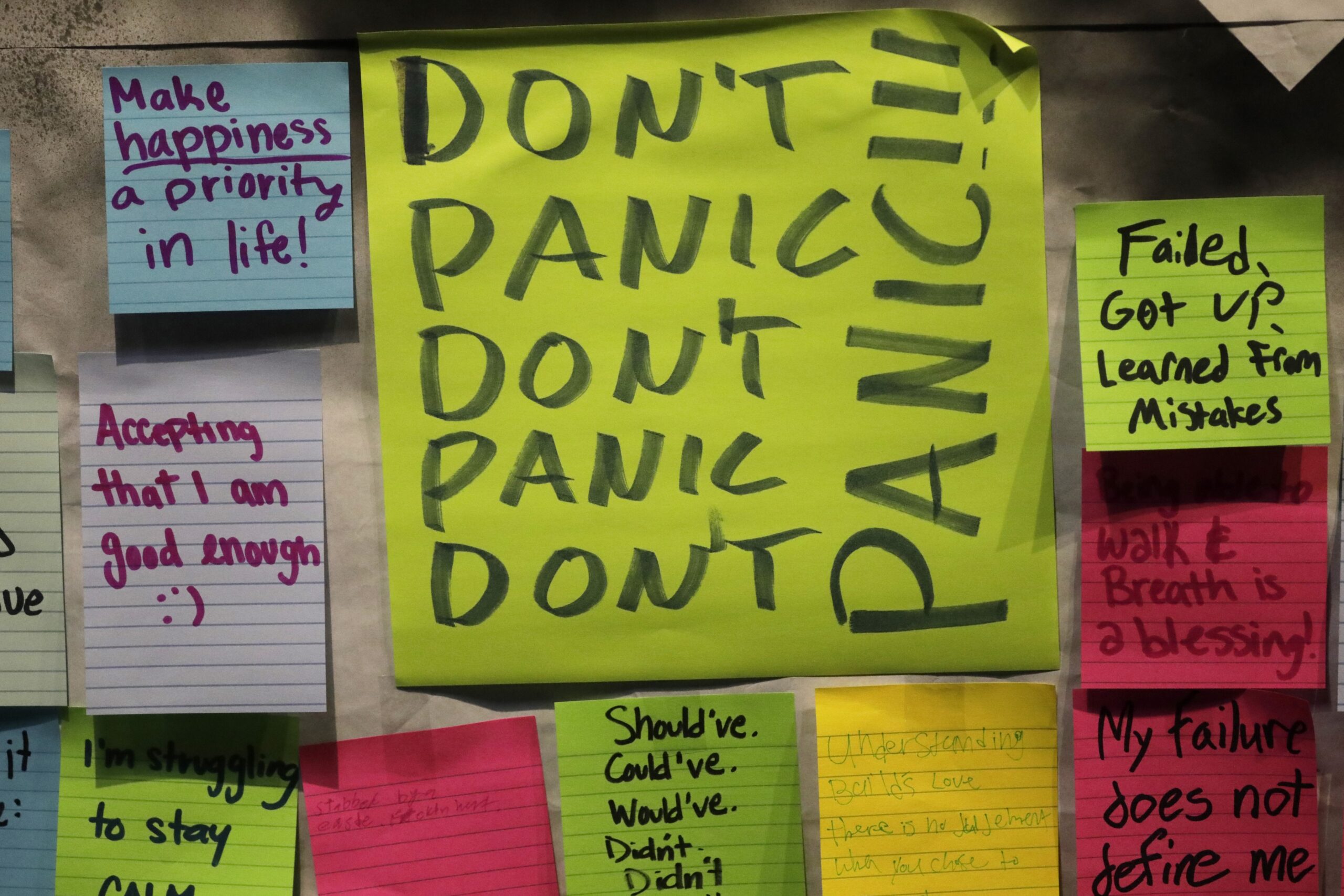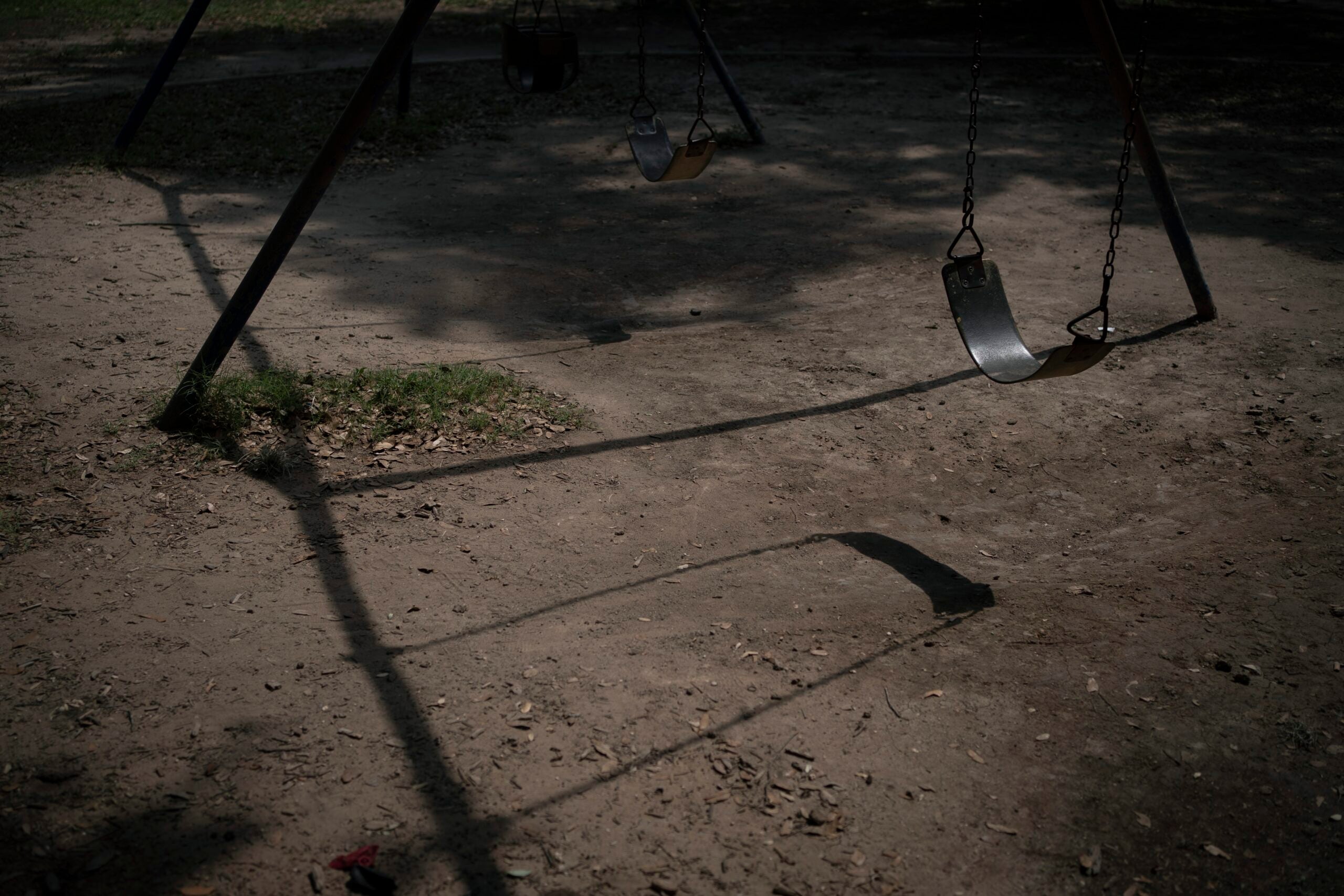Last year I wrote about bullying — the physical kind, the cyber kind and the psychological kind. Too many parents say, “Boys will be boys, and girls will be girls.” But that’s an “I-don’t-care” attitude that pervades some families.
As a child who grew up being bullied, the fact that I was small and anything but strong didn’t help things at all. I just got back from my 50-year high school reunion. I was really interested to find out what happened to the guys who used to push me around.
Funny thing about it was that none of them, not one of them, showed up. I’m not sure why, but if I were to peek behind the curtain, I bet I’d find that many of them grew up in homes different from mine.
Stay informed on the latest news
Sign up for WPR’s email newsletter.
As a child of the ’50s, I grew up with a “Wonder Bread” existence — two Ozzie and Harriet-type parents who never fought and rarely even raised their voices. Many a bully grew up differently.
Studies have shown that bullies are more likely to drink to excess, suffer from depression and anxiety, not reach the same level of educational attainment, make less money, and on and on. If we look at bullying as a marker for psychological or social maladjustment, we see that bullies need help, too.
Any parent who learns their child is a bully should take it seriously and not put their head in the sand with a dismissive attitude. They should look at this as a call to action.
When I researched this, I found that one major cause of bullying is exposure to violence as a child. But with that there is good news: According to research published in the Journal of the American Medical Association Pediatrics, children are much less likely to be exposed to violence than ever before.
Even though we are inundated with stories of violence in the news, the reality is that violent crime has dropped precipitously since the 1990s.
Researchers looked at three national surveys of children, parents and caregivers taken in 2003, 2008 and 2011. From this data, they concluded that far fewer children saw physical assaults, violence using guns and knives, violence against other children, and violence against their brothers and sisters.
Now, don’t get me wrong, there is still too much violence out there — and children are exposed to it far too often. But this is good news.
So what about the new kid on the block, cyberbullying? Researchers found that nearly 1 in 4 children reported being cyberbullied. Kaboom!
Almost every child is online (only 3 in 100 are not, statistics show), and almost all of them are on social media. Yes, there are exceptions, but these are few and far between.
So what’s the No. 1 kind of cyberbullying? You guessed it — relationships. She said this to him; he said that to her … whatever.
Girls are more likely to get the brunt of this. Blogs, Twitter, Facebook and other platforms were all places for rumors, gossip, name-calling and circulating pictures that would make many a parent squirm. Social media has created a fantastic online world that brings us closer to together, but this is the dark side.
Research shows there is a link between cyberbullying and depression — and it applies to both sides. The bullies often suffer from depression and the bullied often become depressed.
I have suggestions for parents. First, you can make a difference. Even though teens may appear not to listen to you, in fact you are the most important person in their lives. So taking action counts.
That means asking about bullying. You might say, “When was the last time you were bullied in school? Online?” They might be surprised you’re assuming they’ve been bullied, but that shock just might generate a frank conversation. The same way you have to talk to children about not getting into a car with a stranger, you have to open up the conversation to bullying.
Next, ask them if they’ve hurt someone online. Ever? Again, it’s a way of doing the child-parent communication that’s so important to establish. You really want to know if they’re involved in this negative process, too. Are they the perpetrator? Half of all bully interactions begin with the bullier.
My spin: This might be a very hard conversation. You might find out more than you ever wanted to know, so be ready to handle it. You just might turn red when you learn what your kids are doing. Stay well.
Wisconsin Public Radio, © Copyright 2024, Board of Regents of the University of Wisconsin System and Wisconsin Educational Communications Board.






